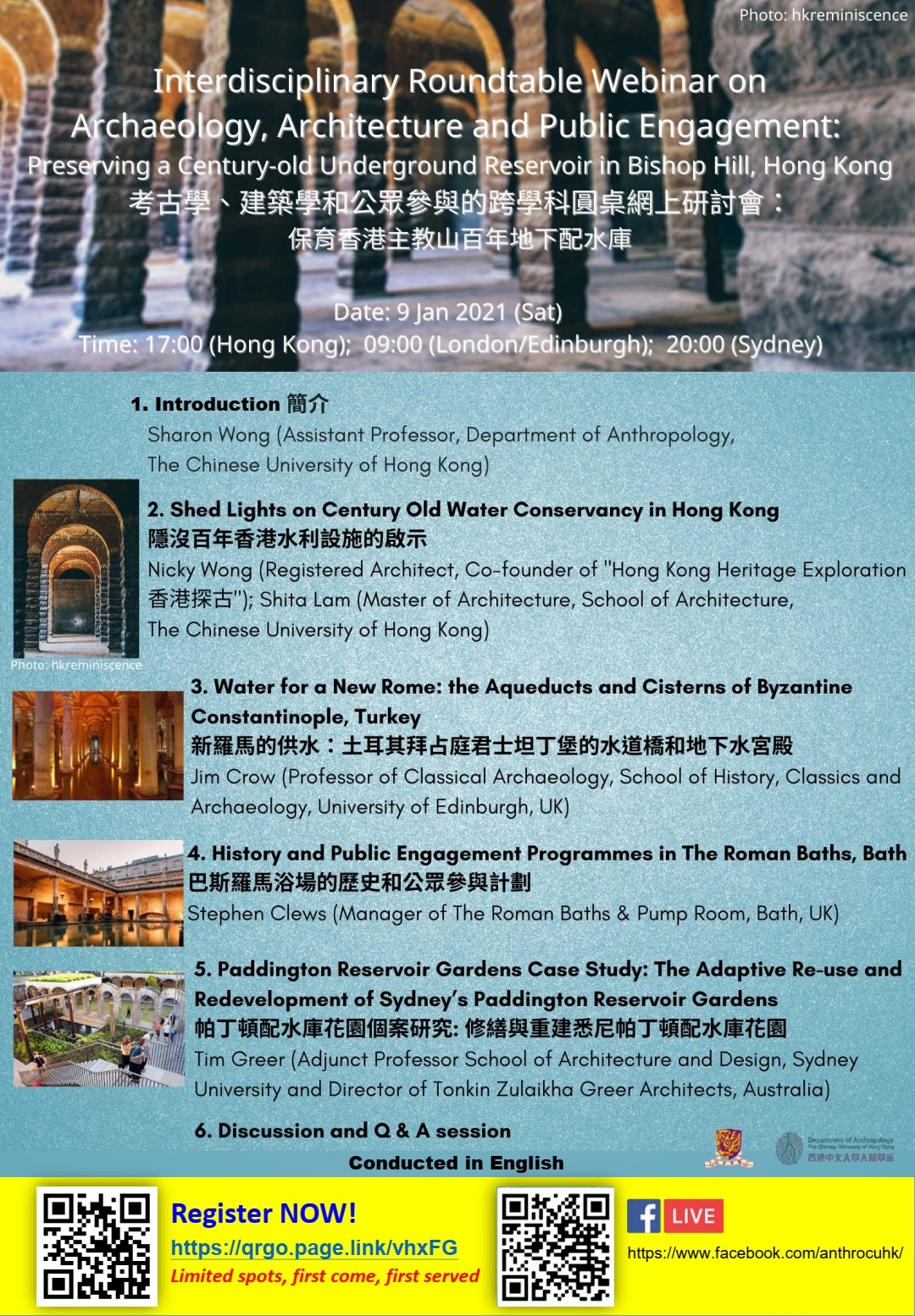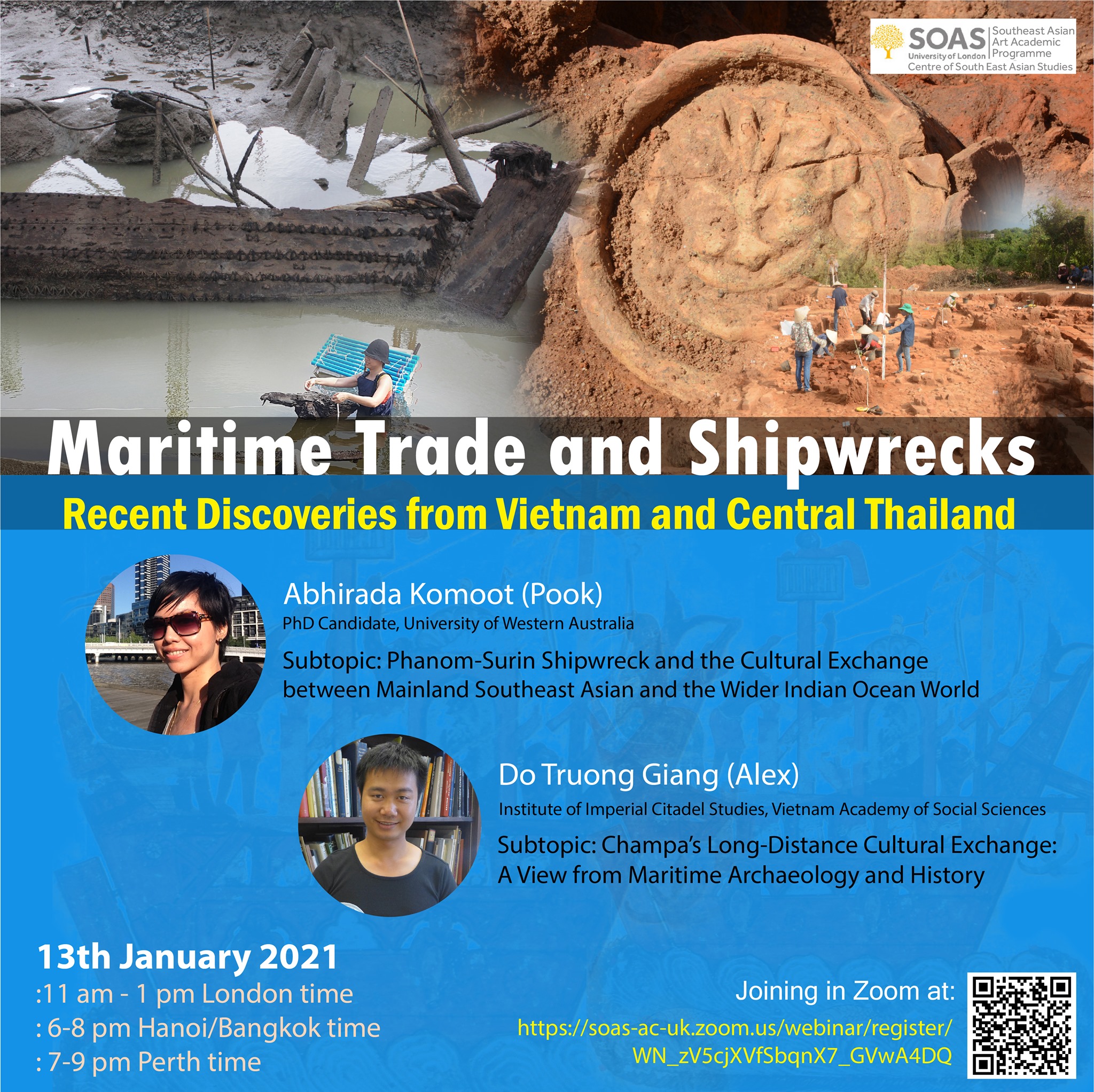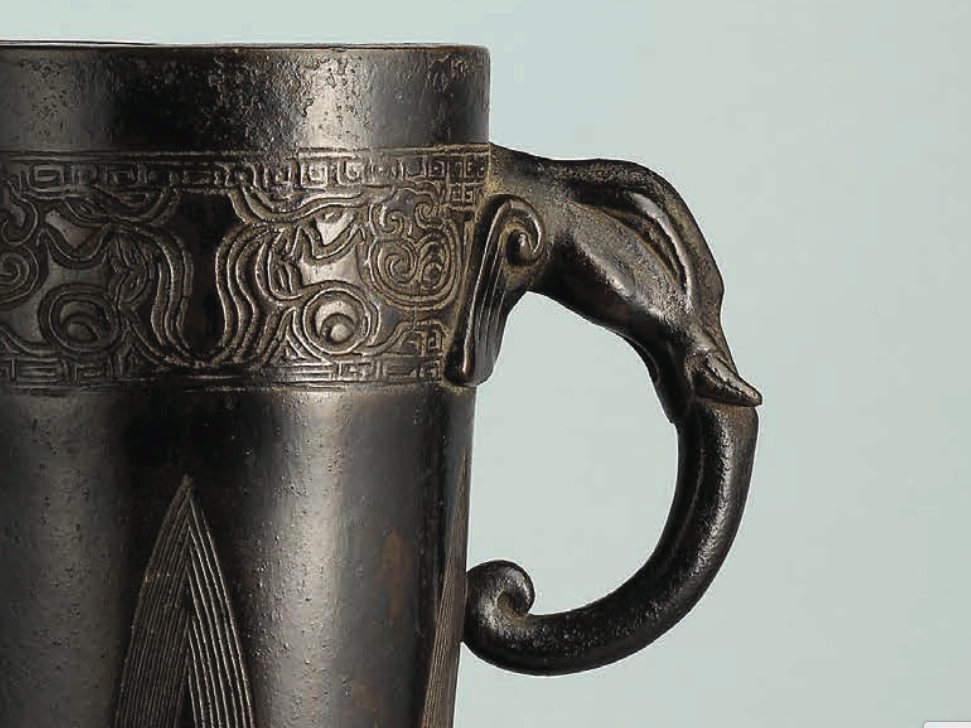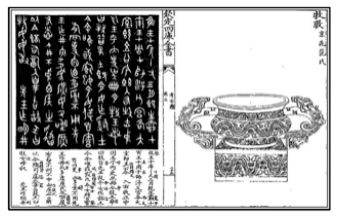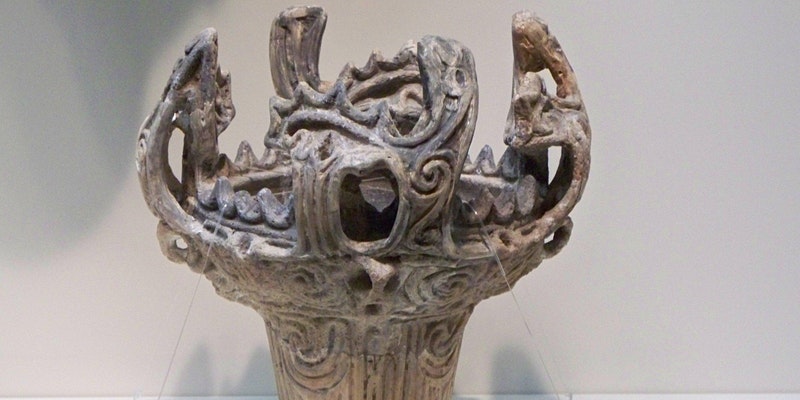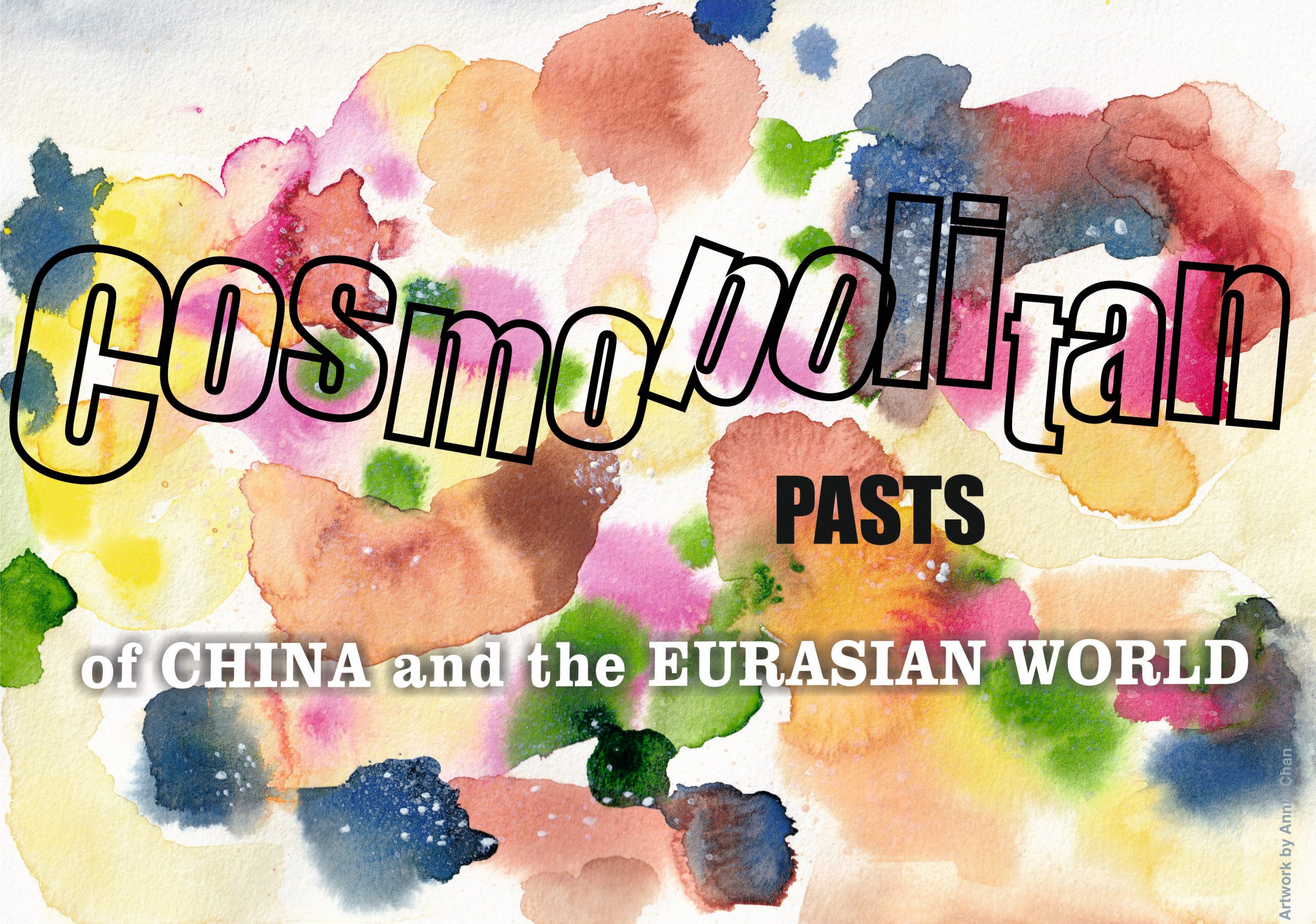Virtual international conference
“Cosmopolitan Pasts of China and the Eurasian World”
2021 June 11, 12, 18, 19, from 1500 CET (2100 China, 0900 EST, 0600 PST)
Free and open to all. Registration required. Go to: https://www.cosmopolitanpasts.sinologie.lmu.de.
For questions, please contact Dr. Annie Chan at cosmos@ostasien.fak12.uni-muenchen.de.
Abstract:
Cosmopolitanism may prove to be the creed of our times. Globalized infrastructure and digital technologies have rendered alien political and cultural spheres unprecedentedly more accessible, hospitable, and intelligible, but also made visible new structures of segregation and “othering”. The paradoxical challenges of cosmopolitanism in tolerance and communication are, however, hardly a modern geopolitical tale, nor characteristically European for that matter. Statesmen in pre-imperial China had reached for the notion of “tianxia” (all under Heaven) somewhere between a concentric “fu” zoning by degree of civility, an all-encompassing appreciation of “xing” (human nature), and a mix of bridling and conciliatory diplomatic strategies. It was the expansive realization of this cosmic order that then made Tang Dynasty the (arguably) quintessentially cosmopolitan -and great Chinese- epoch. Fast forward to early Republic China, cosmopolitan ideals of Western education gave voice to the modernization of Chinese poetry and provided inspiration for literary exoticism and patriotism.


